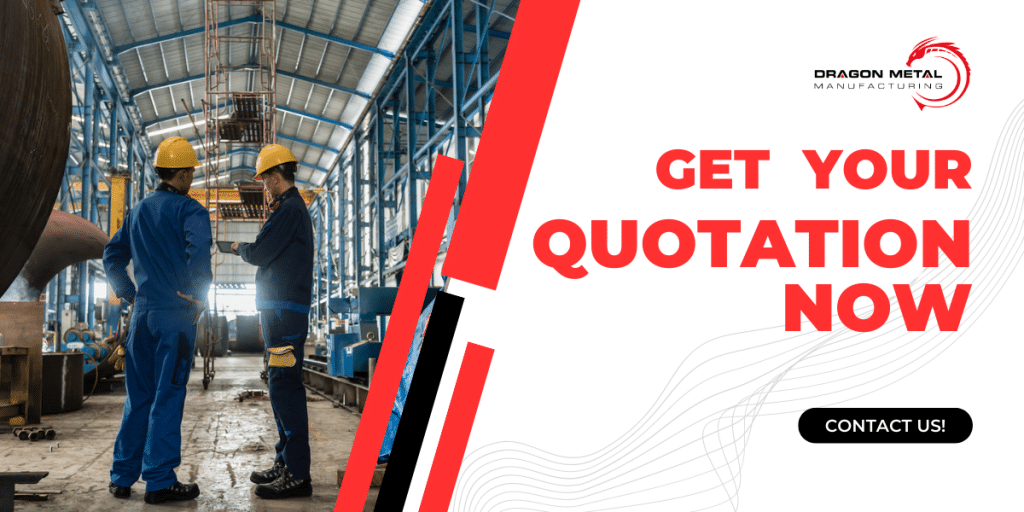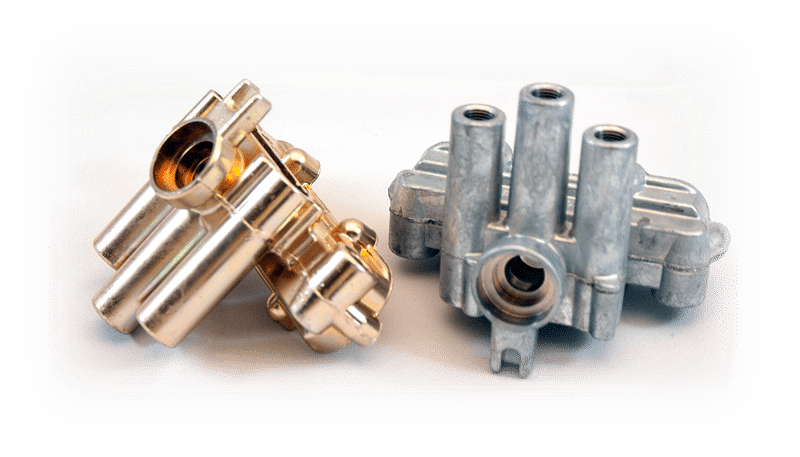If you are a manufacturer, you may have faced capacity issues at some point in your business. In the world of manufacturing, meeting production capacity requirements while maintaining efficiency and quality standards can be a challenging endeavour. Businesses often grapple with the need to expand their manufacturing capacity without breaking the bank or compromising on product quality.
One possible solution to overcome capacity issues is to manufacture offshore. Manufacturing offshore means producing your products in a different country, usually one with lower labour costs and less regulations. Manufacturing offshore can offer many benefits, such as cost-effective production, access to skilled labour, and reduced lead times. However, it also comes with some challenges, such as quality control and communication, supply chain complexities, and legal risks.
In this blog post, we will explore the pros and cons of manufacturing offshore, and how it can help you solve your capacity issues. We will also share some case studies of successful offshore manufacturing and provide some tips on how to choose the right offshore manufacturing partner.

Understanding Capacity Issues in Manufacturing
Before we dive into the benefits and challenges of manufacturing offshore, let us first understand what causes capacity issues in manufacturing. There are many factors that can contribute to capacity issues, such as:
- Seasonal fluctuations in demand
- Unexpected spikes in orders
- Product changes or innovations
- Equipment breakdowns or maintenance
- Material shortages or delays
- Labor shortages or turnover
- Regulatory changes or compliance requirements
These factors can create bottlenecks in your production process, resulting in longer lead times, higher inventory costs, lower quality, and lower customer satisfaction. If you cannot meet the demand for your products, you may lose market share to your competitors who can deliver faster and cheaper.
The Benefits of Manufacturing Offshore
One way to address capacity issues is to manufacture offshore. Manufacturing offshore can offer several advantages for your business, such as:
- Cost-effective production: By manufacturing offshore, you can take advantage of lower labour costs, lower taxes, lower energy costs, and lower transportation costs. This can help you reduce your production costs and increase your profit margins.
- Access to skilled labour: By manufacturing offshore, you can tap into a larger pool of skilled workers who can perform complex tasks and operate advanced machinery. This can help you improve your product quality and innovation.
- Reduced lead times: By manufacturing offshore, you can shorten your lead times by producing closer to your target markets. This can help you respond faster to customer demand and reduce inventory costs.

Challenges of Manufacturing Offshore
However, manufacturing offshore is not without its challenges. Manufacturing offshore can also pose some risks and difficulties for your business, such as:
- Quality control and communication: By manufacturing offshore, you may face challenges in ensuring the quality of your products and communicating with your offshore partners. You may encounter language barriers, cultural differences, time zone differences, and technical issues that can affect your quality standards and expectations.
- Supply chain complexities: By manufacturing offshore, you may increase the complexity of your supply chain by adding more intermediaries, such as suppliers, distributors, logistics providers, and customs agents. This can increase the risk of delays, disruptions, errors, and fraud in your supply chain.
Solving Capacity Issues Will Make You Focus on Your Core Business
Solving capacity issues is not only about meeting demand. It is also about freeing up your time and energy to focus on your core business. Your core business is the unique value proposition that sets you apart from your competitors. It is what you do best and what makes you different.
When you manufacture offshore, you can delegate some of the operational tasks to your offshore partner. You can reduce the complexity and risk of managing multiple aspects of your supply chain. You can also avoid some of the regulatory and compliance issues that come with domestic production.
This means that you can spend more time and resources on developing your core business. You can focus on innovation, quality, marketing, customer service, and other strategic activities that drive your growth and profitability.
Manufacturing offshore can help you solve your capacity issues and make you focus on your core business. It can be a win-win solution for both you and your customers.
How to Choose the Right Partner to Solve Capacity Issues
If you are considering manufacturing offshore to solve your capacity issues, you need to choose the right offshore manufacturing partner that can meet your needs and expectations. Here are some tips on how to choose the right offshore manufacturing partner:
- Evaluate potential partners: Before you select an offshore manufacturing partner, you need to evaluate their capabilities, reputation, and reliability. You need to check their production facilities, equipment, quality systems, certifications, references, and reviews.
- Negotiate contracts: Once you select an offshore manufacturing partner, you need to negotiate a contract that defines the terms and conditions of your partnership. You need to specify the scope of work, quality standards, delivery schedules, payment terms, warranties, liabilities, and dispute resolution mechanisms. You also need to protect your intellectual property rights and confidential information.
- Monitor performance: After you start manufacturing offshore, you need to monitor the performance of your offshore manufacturing partner. You need to communicate regularly with your partner, provide feedback, and resolve issues. You also need to evaluate the results and benefits of your offshore manufacturing partnership.
DMM will Help you Lower the Risk
If you want to expand your production capacity and meet the high demand for your products, you may consider manufacturing offshore. But you may also worry about the risks involved, such as different cultures, laws, and politics. How can you enjoy the benefits of manufacturing offshore without taking too much risk?
The answer is Dragon Metal Manufacturing. Dragon Metal Manufacturing is an offshore manufacturing specialist that partners with reliable and certified factories in China. Dragon Metal Manufacturing has a team of quality engineers who ensure that the products meet the standards of the customers. Dragon Metal Manufacturing invites the customers to visit the factories and see how they work. Dragon Metal Manufacturing helps the customers from giving quotes, making samples, producing, assembling, and shipping the products. Dragon Metal Manufacturing guarantees 100% quality of the products and if the customers are not satisfied, they will make them again for free.
By working with Dragon Metal Manufacturing, one can leverage the advantages of manufacturing offshore, such as lower costs, more skilled workers, and faster delivery, while minimizing the challenges, such as quality issues, communication gaps, and supply chain disruptions. One can also benefit from the expertise and experience of Dragon Metal Manufacturing in dealing with the local market and regulations. Dragon Metal Manufacturing can help one solve any capacity issues they may have and deliver high-quality products to their customers on time and within their budget.

FAQ
Manufacturing offshore means producing your products in a different country, usually one with lower labour costs and less regulations.
Manufacturing offshore can offer many benefits, such as cost-effective production, access to skilled labour, and reduced lead times.
Manufacturing offshore can pose some challenges, such as quality control and communication, supply chain complexities, and legal risks.
You can choose the right offshore manufacturing partner by evaluating their capabilities, reputation, and reliability; negotiating contracts that define the terms and conditions of your partnership; and monitoring their performance and results.





